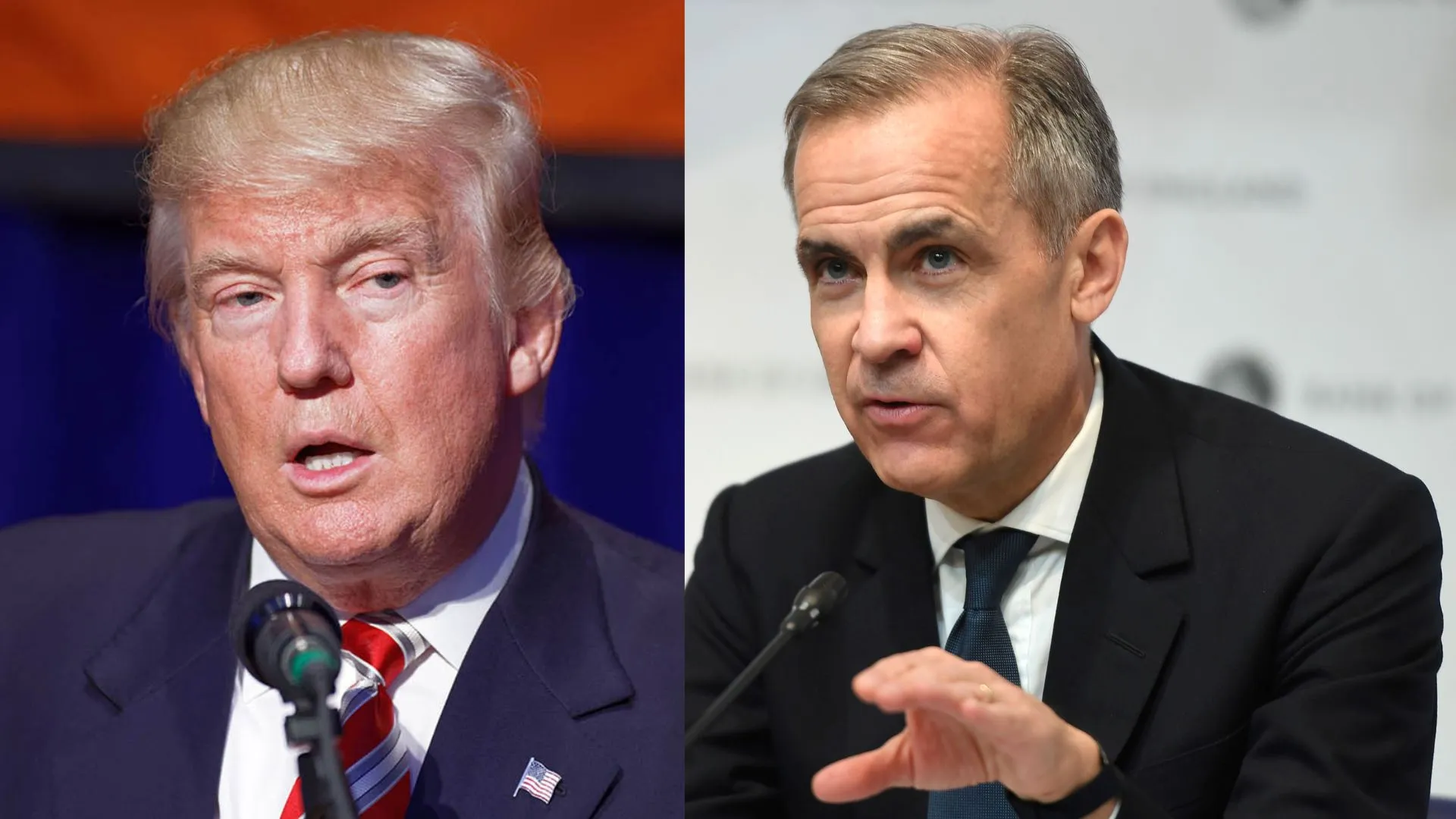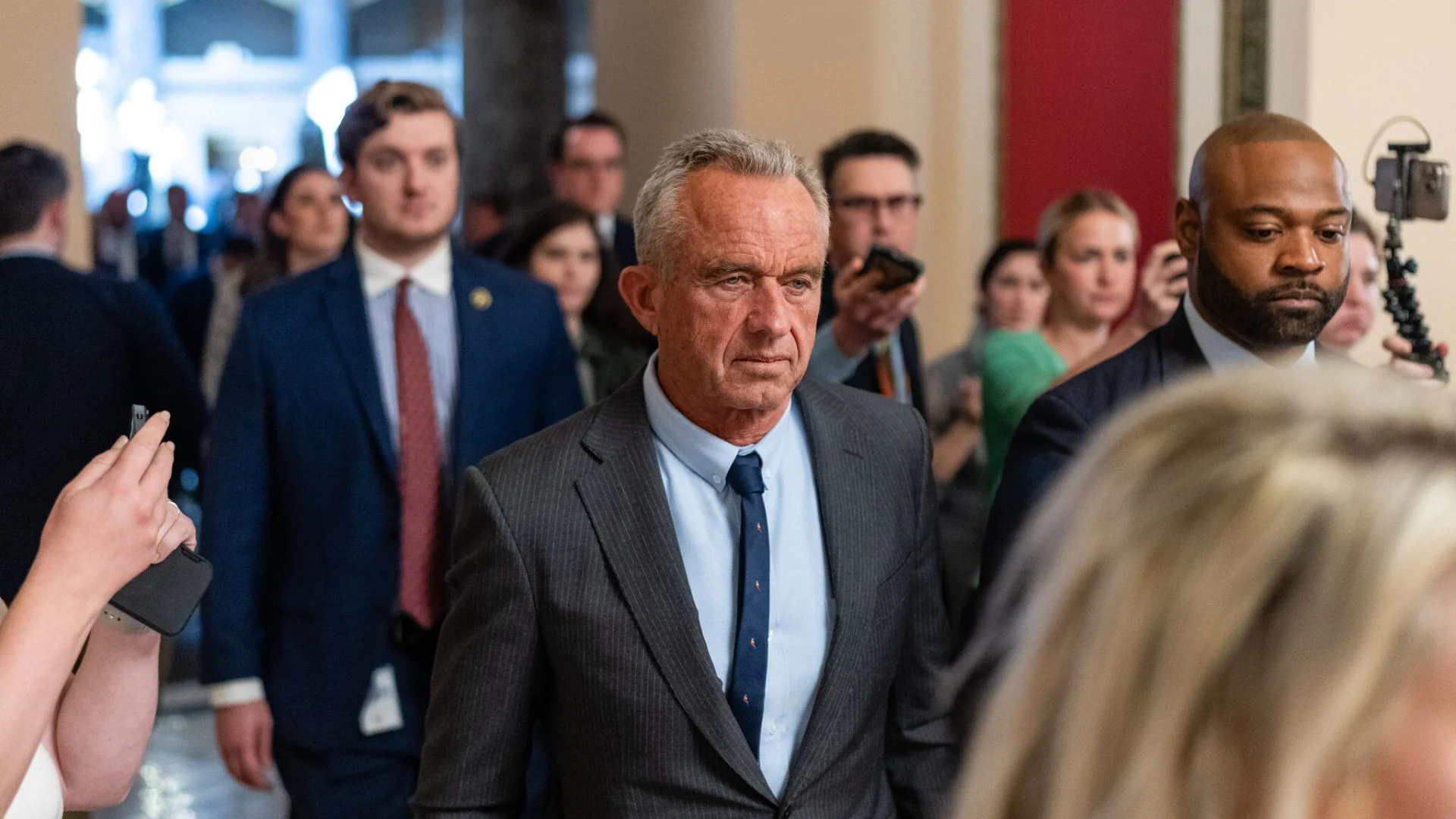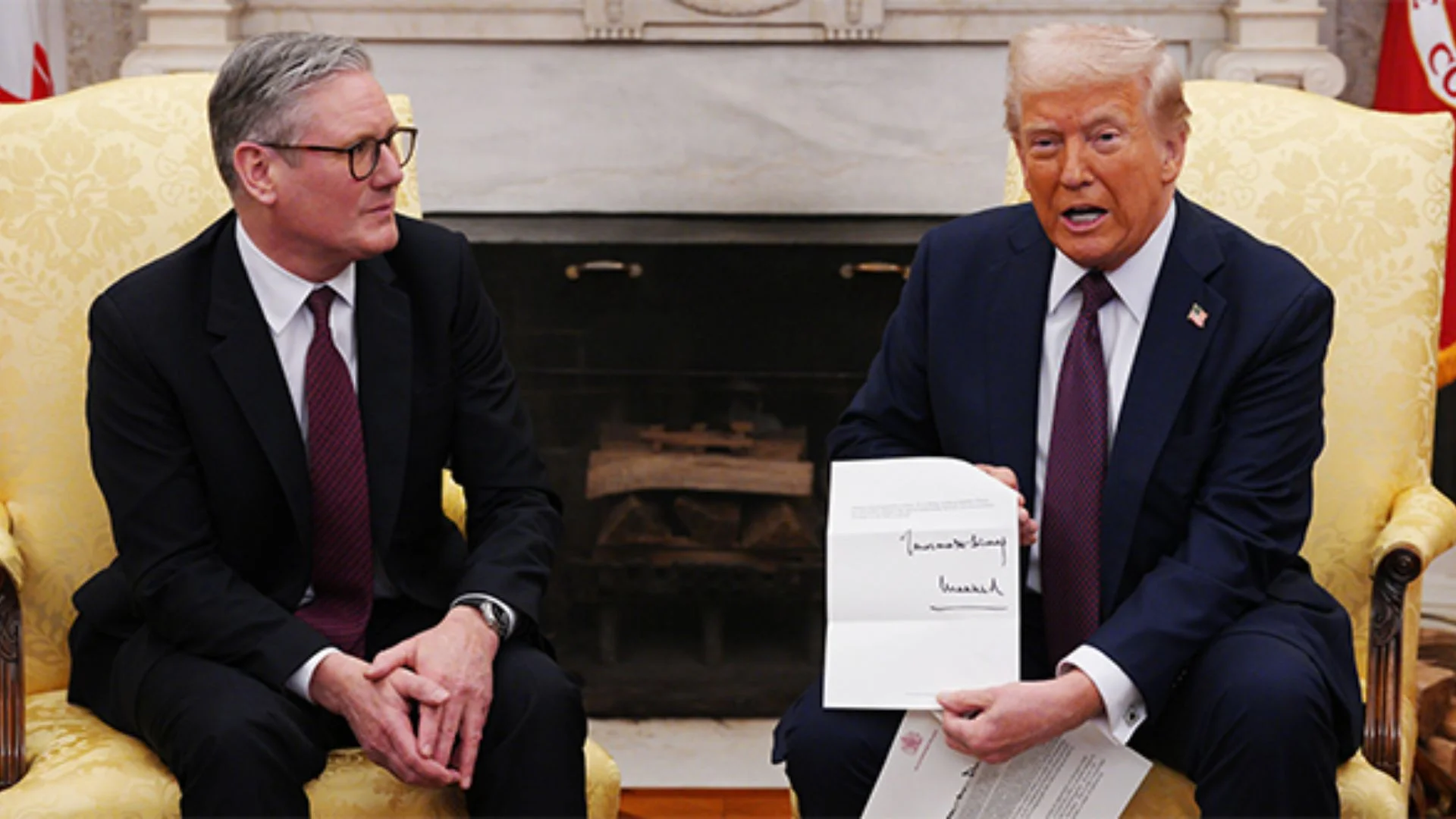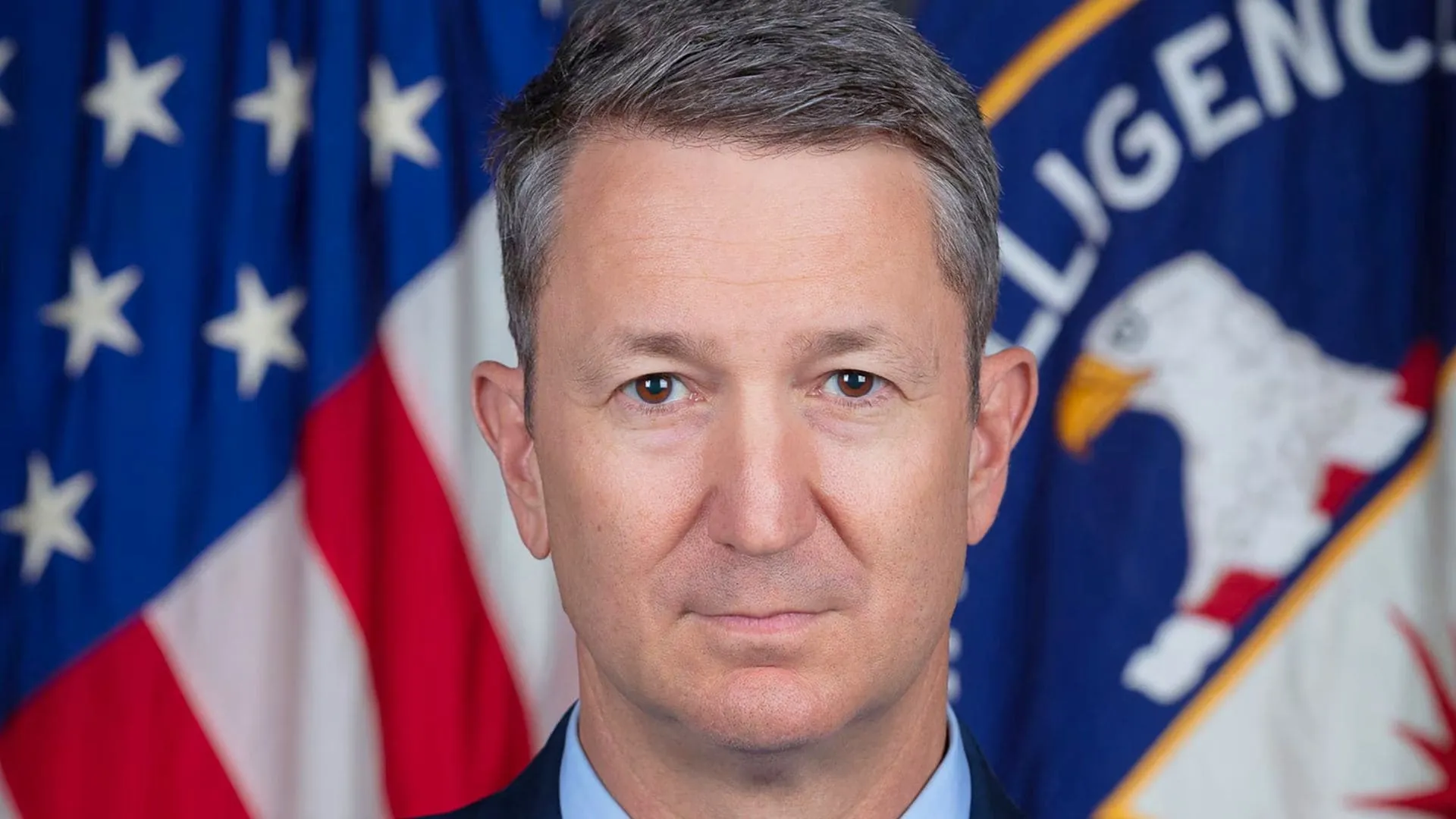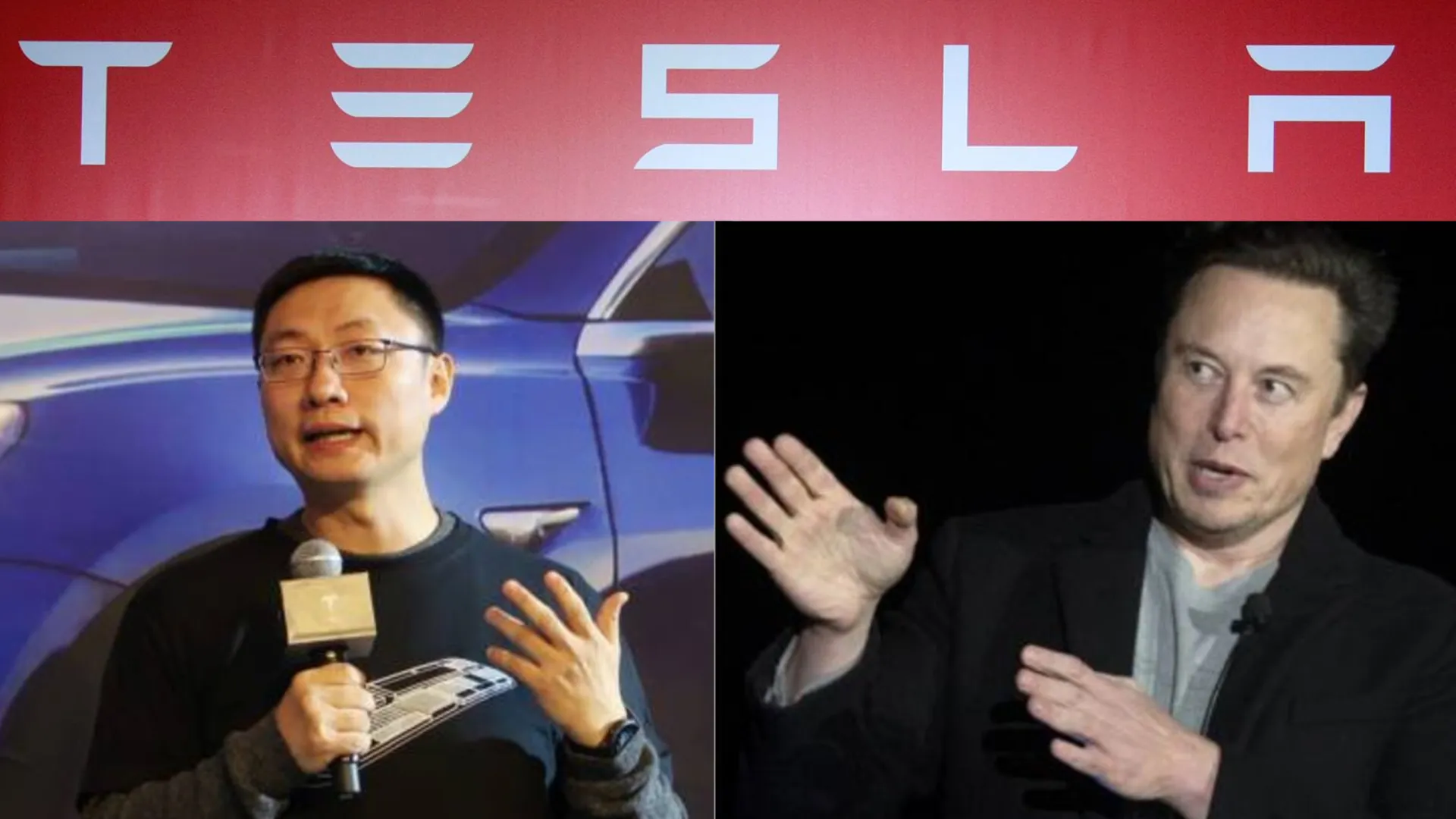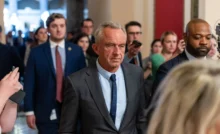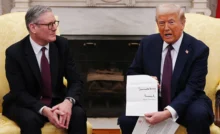US President Donald Trump described his first conversation with Canada’s new Prime Minister, Mark Carney, as “extremely productive” despite growing disputes over tariffs and his controversial remarks about Canada.
First Official Communication Since Carney’s Inauguration
Trump announced on his Truth Social platform that he had just finished a call with Carney, saying, “It was an extremely productive call, we agree on many things.” He further stated that they planned to meet soon after Canada’s April 28 election to discuss “Politics, Business, and all other factors” that would benefit both nations.
Although new Canadian leaders typically prioritize a call with the US president, this was the first direct conversation between Trump and Carney since Carney took office on March 14. Carney has made standing up to Trump a key element of his campaign.
Canada Stands Firm on Trade Dispute
Carney’s office confirmed that the discussion was “very constructive” and that both leaders agreed to start “comprehensive negotiations about a new economic and security relationship immediately following the election.” However, the Canadian prime minister also made it clear that his government would impose retaliatory tariffs on American goods starting April 2 in response to the sweeping US levies set to take effect.
At a press conference later in the day, Carney said, “We’re not going to back down, we’re going to respond with force.” He emphasized that Canada had not changed its stance, adding, “What is clear is that the relationship between Canada and the United States has changed. And we’re not the ones who changed.”
Carney also signaled a shift in Canada’s global economic focus, saying the country must “strengthen ties with reliable partners” in Europe. “Over the coming weeks, months, and years, we must fundamentally reimagine our economy,” he declared.
Trump’s Change in Tone
Trump’s recent statement marked a shift in his approach toward Canada. Unlike his previous interactions with former Prime Minister Justin Trudeau—whom he often referred to as a “governor” while advocating for Canada to become the 51st US state—Trump used Carney’s official title and refrained from making annexation remarks.
Despite this diplomatic tone, tensions remain high. Trump’s administration has continued to impose or threaten tariffs on Canadian imports, drawing strong criticism from Ottawa.
US Maintains a Tough Stance
Meanwhile, US Vice President JD Vance reiterated Trump’s hardline approach, echoing the president’s past remarks that Canada lacks leverage in trade disputes. “There is no way that Canada can win a trade war with the United States,” Vance said during a visit to Greenland.
The upcoming US-imposed 25% tariff on vehicle imports, set to take effect next week, poses a serious threat to Canada’s auto industry, which supports an estimated 500,000 jobs. Additionally, Trump has warned that if Canada collaborates with the European Union to counter US trade policies, they could face even harsher “large-scale tariffs.”
Impact on Canadian Politics
Trump’s aggressive trade policies have significantly influenced Canadian politics. Before Trudeau stepped down, Pierre Poilievre’s Conservatives were leading in election polls. However, following Trump’s threats against Canada, support for Carney’s Liberals has surged, narrowing the race. With Canada’s election approaching, the economic conflict with the US is expected to be a key issue for voters.
While Trump and Carney’s conversation suggested a diplomatic shift, deep divisions remain. As tensions escalate over trade policies, their upcoming meeting will be crucial in determining the future of US-Canada relations.


